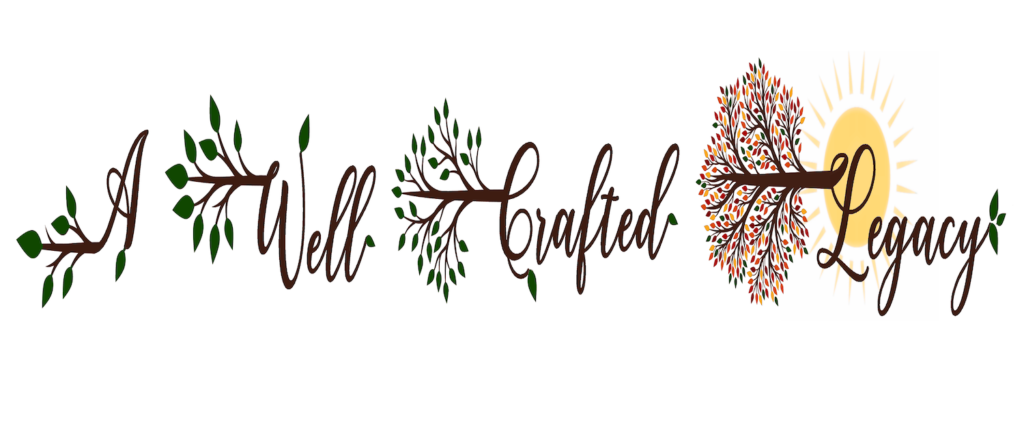
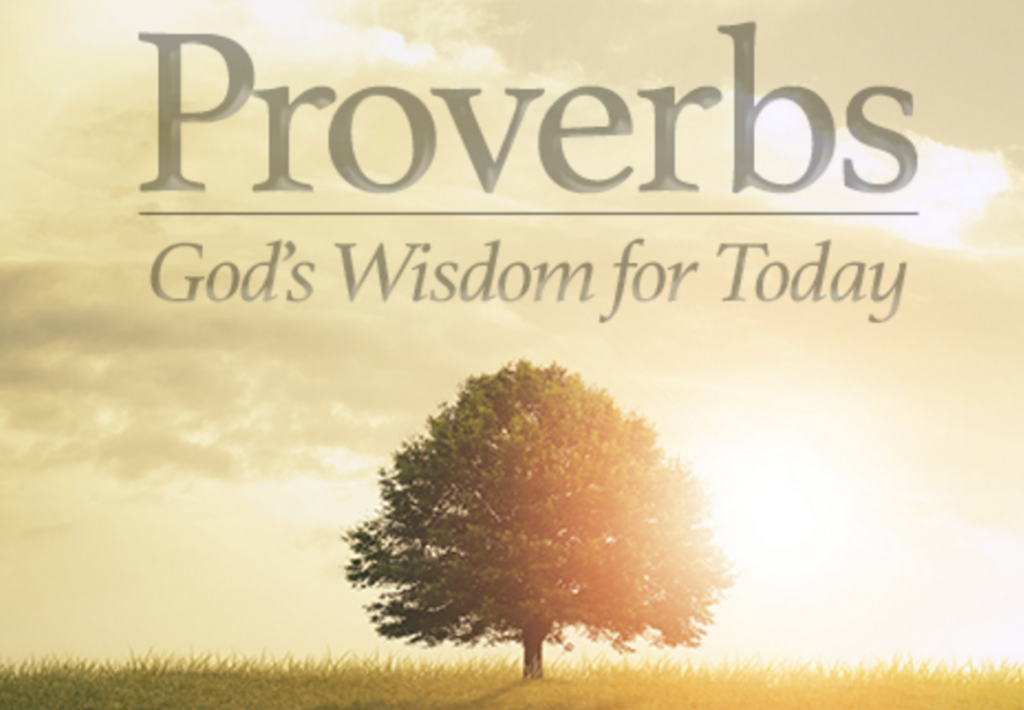
- Proverbs 1:5 (KJV) A wise man will hear and will increase learning.
- Proverbs 1:5 (AMP) The wise will hear and increase their learning.
- Proverbs 1:5 (ESV) Let the wise hear and increase in learning.
- Proverbs 1:5 (NIV) Let the wise listen and add to their learning.
In this scripture, we hear a clear message that if we are wise in our hearing, we will increase our learning. Being wise in our hearing is being intentional in hearing because that will dictate our learning.
What does “The Art of” mean?
The art of something is when we move in it, creating beautiful work by using our imagination and proven truths. We need to understand that this same beauty is when we live with a mind and heart of intentionality.
Our learning is like our legacy; not optional. We will learn, and we will have a legacy, that must be intentional if we want to be fruitful and beneficial in our lifelong quest of building a well-crafted life and legacy.
LEARNING
Our intentional hearing and learning impact our fruitfulness in life. If we look at learning in a casual way without intention, we will be gathers of information, not knowledge, and skill.
Just as our learning needs to be intentional, so does our times of pruning. I know, no one likes the word “pruning.” Because the very word “pruning” brings an emotional response of “run” or “no, that’s ok, I’m good”!
PRUNING
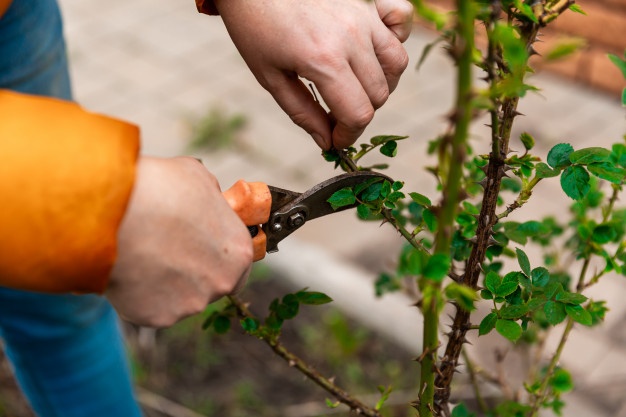
But know this, even though our emotional reaction usually is one of avoidance, pruning will still come. And if we do not intentionally prune, it will come as a sudden summer rainstorm on our beautifully set picnic of life, leaving no time to grab everything before becoming wet or maybe ruined. Then after the storm or the pruning, we will be faced with a cleanup process that can be hard, costly and time-consuming
A spiritual truth about pruning is that even with intentional pruning, additional pruning of the Lord can still come into our life. But if you are intentionally pruning, you will know the signs and will have time to do necessary preparation so that when done, you will have the grace and peace to move forward.
So why do I group learning and pruning together?
I group them together because they work together continually in our life and walk with God. When I intentionally learn, it reveals what I need to prune, and likewise, when I intentionally prune, it reveals what I need to learn.
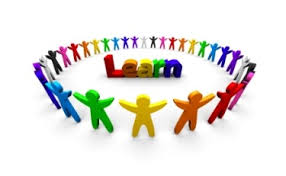
When we were young and even into early adulthood, the overseers of our life orchestrated the times of learning and pruning. Parents, siblings, teachers, and spiritual leaders all played a part in forming a learning and pruning awareness within us.
For some of us, due to the absence of overseeing roles in our life, the implementation of learning and pruning started early in life causing us to learn and prune without intention. Our learning or pruning was done from being fearful or out of desperation.
This lack of strong role models makes our learning and pruning to be more reactive rather than intentional. In this reactive mode, our learning will not be complete, and the pruning will some times be recklessly and done only on the surface, therefore, not getting to the heart of the matter.
Others of us because of overbearing influences we grew up without the ability to be intentional about our learning or pruning seasons by avoiding them as long as possible and allowing the circumstances of life to dictate our learning and pruning. This avoidance causes us to have issues of rejection or low self-esteem.

But I have good news, no matter how we were trained or not about intentional learning and pruning, we still can learn those essential skills through regular self-reflection. Self-reflection using prayer, action, and gratitude will reveal to us how we can adjust our decisions and behaviors to live a more intentional life.
Intentional means we are purposeful in word and action. It means we live a life that is meaningful and fulfilling. It means we make thoughtful choices that work with the measures necessary for us to be interactive and fully engaged in our life and core values.
Prayer, Action, and Gratitude of Self-Reflection
Self-Reflection for Intentional Growth
Prayer: Pray as you take an inventory of your growth in the last few years. What has been your growth in these areas? Feel free to add any areas of life that are significant to you.
- Spiritual Growth
- Relationship Growth
- Professional Growth
- Social Growth
- Financial Growth
Action: Identify the areas that you have had little or no growth. And also, what areas have you had strong growth? After each answer, always ask why. Why helps us understand and make the change necessary, and also shows us what we need to continue to do to keep growing.
Gratitude: Thank God for the growth you have seen and ask Him to enable you to create an action plan to bring balance to all areas of your life, as it becometh you.
This self-reflection of growth will reveal to you where you need to do some purposed intentional learning. You may also see areas that you are looking to grow, that need to be released by doing deliberate pruning.
Here is an example from my own life. As I was doing self-reflection on the relationships in my life, it revealed what I did not want to admit. Several of my long-standing relationships were not growing, I tried several different things, but they were “stuck” in the past. After this reflection, I did an intentional pruning of those relationships.
I did not “cut them off,” but I did cut off my reaching out to them and only finding disappointment. Pruning does not mean new growth can not happen, but this season, for me to grow, I had to cut off or stop my actions that were not received. If in the future, it is God’s will for that new growth with them, I am open, but that is now in His hands.
Self-Reflection for Intentional Interests or Activites
Prayer: Pray and make a list of the areas of interest or the activities that you invest time, finances, talents, or giftings in this season of life. These can be hobbies, volunteering opportunities, organizations, or group collaborations.
Action: After you make a list, ask these questions concerning these interests or activities.
- What have you been doing for more than five years?
- What keeps you investing in them?
- Do they still give you joy or fulfillment?
- What new activities did you start recently?
- How did you find this new activity?
- What drew you to invest your resources into it?
- What activities do you plan to do in the future?
- Why do you want to begin these new activities?
- What is keeping you from doing it now?
- What activities have been made available to you, but you said no?
- Why did you say no?
- Should you reconsider them?
Gratitude: Rejoice and give thanks to God for how He has used you and blessed you through these interests and activities, and ask Him to continue to guide you.
This self-reflection of the utilization of your resources will reveal to you where you will want to engage in some intentional learning to strengthen your participation in that activity. And as you answer the questions, the areas on intentional pruning will also be revealed. The activities that you are doing because you always did may not be fruitful in this season of life.
Or it will expose an interest that you have to fit in with people that you have outgrown, but still love. You may need to prune the activity and nurture the relationship in a different way. These steps of intentional pruning will allow you to see new opportunities as God brings them into your life.
Here is another example from my life. For many years I was providing my speaking and organization gifts as the Master of Ceremonies for Christian Women Events. I loved doing this, and it fell the right way to use my talent and giftings. After reflection, I felt that it was time for me to stop because God wanted me to launch a ministry for Christian Business, and I did not have time to do both.
It was challenging, and I knew that some of the leaders in those groups would not understand, but I had to prune that to give room for the new opportunity God had been whispering to me. This obedience to pruning released a season of teaching business principals to women for several years.
That time of pruning also revealed times of intentional learning so that I could provide teachings on business principles not only by events. The reflection leads me to the pruning, and the pruning led me to intentional learning.
Self-Reflection for Intentional Pruning of Behavior
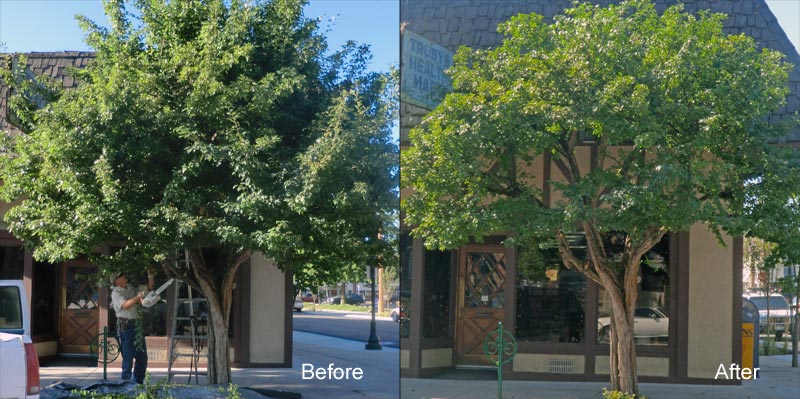
Prayer: Pray and make a list of the habits or behaviors that you stopped doing, gave up on, or corrected recently in life. Here are some examples, but your list will be unique as it becometh you.
- I reduced spending emotionally.
- I no longer judge my life based on the numbers on the scale.
- I reduced my time on social media.
- I stopped journaling.
- I stopped giving outside of my church tithing.
- I eliminated clutter that distracted me from being productive.
- I discarded my love letters from my husband that is with Jesus.
Action: For each item, determine what caused you to take these pruning actions, and then determine what the benefit has been since you did the intentional pruning.
Gratitude: As you realize the benefits that have bloomed in your life from pruning, express your appreciation. This expression of gratitude will help you to hold on to these significant changes when they are challenged by life, as changes are. Journal, write a poem, sing a song unto the Lord, share the joy with a friend, all of these are great ways to express the gratitude that becomes “touchstones” in your life.
Example from my heart. The last item on the list above is from my life. I was married for over thirty-five years when my husband went home to Jesus. Like every marriage, we had some amazing times and difficult times. The first twenty-five years were amazing, but the last ten was difficult and sad before he passed.
I had a box of letters and cute things he made for me, sent to me, and wrote about us, in the last ten years, when he was sick and not living with me and our daughter, we moved over eight times. I moved that box in and out of each home, and it was one of those things that I personally carrier, so no one would lose them or damage my special box.
On a regular occasion, I would look through the box. For the first few years, it gave me comfort; then it began to make me feel kind of sick when I would look through it. And in the last few years before I discarded them, even looking at the box made me feel sad and hopeless that I would never have the feeling of someone loving me, as my husband did, just as I was.
Two years ago, in my last move, I looked at the box and said, I can not take you with me. That season of my life is done, and all the beautiful things I received from my marriage were still mine and will stay with me. It was time for me to turn the lose over to God and let Him be that one that believed in me.

So, my treasure box did not come with me to what I now call “My Sweet Space.” I decided to intentionally prune this box and all that it represented to me at this time of my life. The memories are still with me, like how beautifully my husband would sign my cards with “Always yours.” I packed up in a storage box a few items I will give to my daughter at the right time, and discarded all else. As I settled into my new place, I was so grateful that I did this intentional pruning because it made room for me to grow in my relationship with God. Glory!
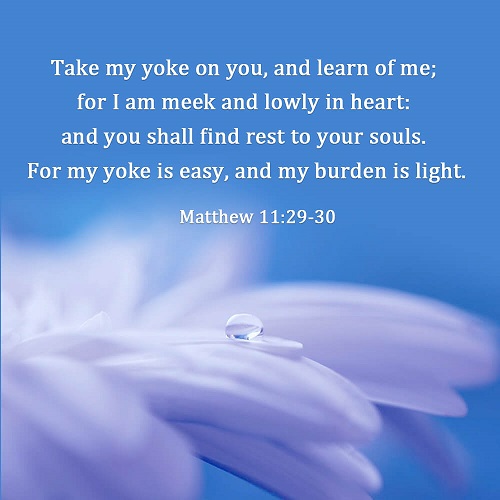
Learning and pruning are two intentional skills that are necessary to keep our life and legacy from being stuck and ending up unable to hear, learn, and grow. I take great comfort of what Matthew 11:29 tells us, that we are to learn of God and His ways, that is why prayer is the beginning of all self-reflection. As I said at the beginning the art of intentional learning and pruning work together in our life. And self-reflections through prayer, action, and gratitude are tools you can use at any time and as often as needed.
I end with some signs to watch for that will let you know it is time to stop, reflect, and prune or learn as needed.

- You find yourself being critical in your thinking towards others.
- You have reduced the time you spend in the Word.
- Your spending has increased without benefit to your life.
- You gossip more
- You give less
- You are neglecting the need to take care of your body.
These are just a few of the signs that are pointing you to the need for an intentional hearing, learning, and pruning. Don’t run from it, walk into it with self-reflection of prayer, action, and gratitude, and when you do, God will meet you there, because He is Faithful! Until next time, remember we craft our legacy daily, do it as it becometh you.


